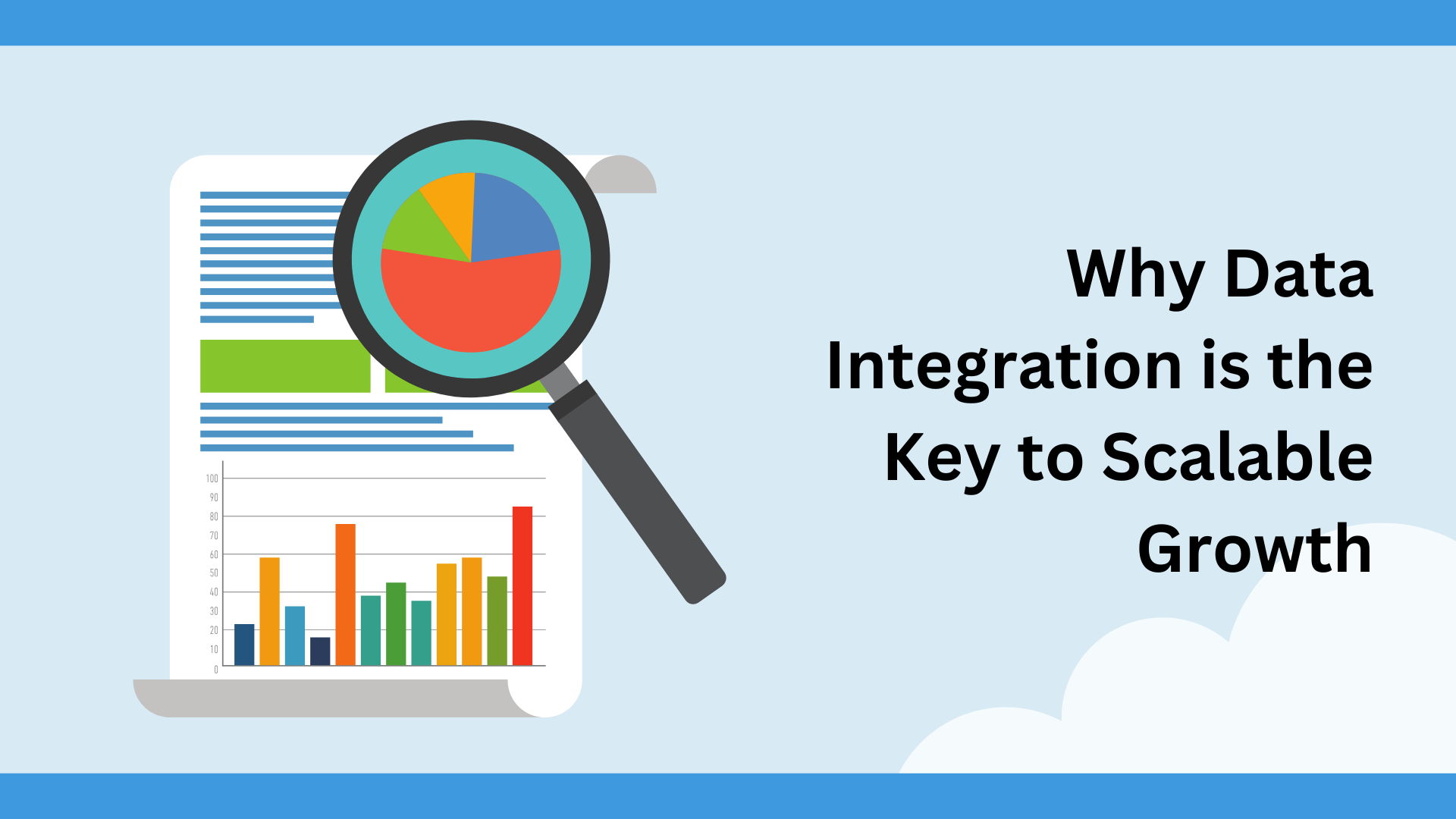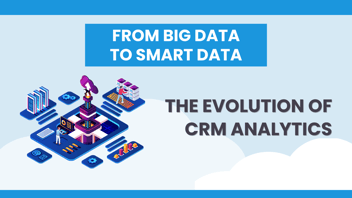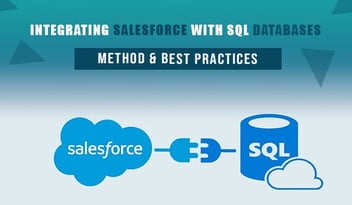Data comes from everywhere—every touchpoint we’ve implemented throws data at you. Heck, even driving a Tesla generates data. Imagine trying to explain that to someone in the 1800s—they’d probably burn you at the stake for talking magic. Good luck. Nonetheless, with data being generated from countless sources, the ability to integrate and analyze the data effectively is becoming increasingly important for scalable growth. Here’s why data integration is the cornerstone of sustainable, scalable growth, and how it can empower your organization to stay competitive.
A Holistic View to Break Down Silos
A major challenge for so many companies are the data silos they run into. A data silo is an isolated pocket of information that prevents departments from working together on them. Silos limit the ability to see the whole picture of business operations and behaviors from a company’s users or customers. Using data integration, you can solve this problem by bringing all the relevant data into a centralized system, where it can be analyzed as a whole.
A 2021 study by Forrester found that 70% of companies with unified data are more likely to exceed their revenue goals compared to those with fragmented data systems. By breaking down these silos, organizations can look into cross-functional insights that drive smarter, faster decisions, from understanding customer journeys to optimizing internal workflows.
Boosting Operational Efficiency
If your data is scattered across multiple platforms, you’ll lose them. No tracking means you end up spending countless hours trying to gather, clean, and analyze information. This time-consuming process not only delays decision-making, but it also increases the risk of errors. With an integrated system, you can streamline your data operations.
Research from McKinsey indicates that companies with strong data integration capabilities can improve operational efficiency by up to 25%. This boost in efficiency reduces operational costs and allows employees to focus on high-impact tasks, thus facilitating growth without significantly expanding resources.
Customer Experience Improves
Every single person that visits your site, your shop, or whatever it might be expects some level of personalization. Not just a merge tag, but something deeper than that. In order to do so, understanding customer behavior in real time is essential for delivering exceptional customer experiences. Data integration allows you to do this across multiple channels (such as social media, email, and purchase history) in real-time.
According to a report by Gartner, companies that implement data integration solutions see a 20% improvement in customer satisfaction. When companies have a real-time, comprehensive view of customer data, they can personalize interactions, predict customer needs, and resolve issues quickly – all of which enhance customer loyalty and boost lifetime value.
Future-Proof Your Business
We’re all looking for tools and softwares that grow with us. When your business grows, it’ll be inevitable that you add more data sources such as more software systems and more sales channels. Without data integration, managing this growth in the volume of data will be unmanageable, ultimately limiting your ability to scale. You can develop a flexible framework using data integration, and it’ll be able to adapt as your business scales, accommodating new data sources and expanding capabilities as needed.
With scalable, integrated systems in place, businesses can also prepare for future changes in technology or market conditions without needing a complete overhaul of their data infrastructure. This adaptability is key to maintaining growth in a rapidly evolving digital landscape.
Takeaways
Don’t view data integration as some sort of meticulous technical upgrade, that’s what your laptop and phone are for. Think of it more as a strategic imperative for businesses looking to scale effectively and indefinitely.
By breaking down the normal data silos, improving operations, and enhancing the customer experience, data integration sets your organizations with the insights needed to grow sustainably. In an increasingly competitive market, those using data effectively will be the ones to drive change and grow long-term





Leave a Comment